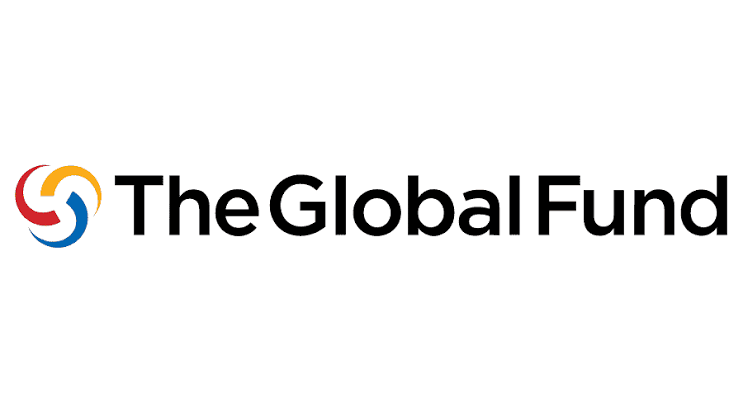Together with its commercial sector partners, the Global Fund to Fight AIDS, Tuberculosis, and Malaria will assist Sub-Saharan African nations in improving their digital health systems. For this purpose, the Digital Health Impact Accelerator (DHIA), a $50 million catalytic fund, has been formed.
The fund launch was announced at the Africa HealthTech Summit in Kigali, Rwanda, on the sidelines of the second International Conference on Public Health in Africa, which took place from Tuesday, December 13, to Thursday, December 15.
This fund will improve regional and global data systems and monitoring capabilities to make decisions based on data, improve patient care, and change the lives of millions of people. Rob Cryer, Manager of Country Technology Services at the Global Fund and Head of the DHIA Catalytic Fu
Since its start, the Global Fund has greatly improved the digital health systems and health data of low- and middle-income countries. “These tools are essential for fighting infectious diseases and preventing health risks in the future,” he said.
Indeed, digital health in Sub-Saharan Africa remains underdeveloped and underutilized. Despite the Covid-19 health crisis, this field of medicine has been stimulated. Since then, there have been many more creative e-health projects because more and more people have mobile phones.
According to the GSM Association, Sub-Saharan Africa will have at least 634 million mobile users by 2025. Data demonstrating that digital technology has already had an impact on consumer behavior and may soon have an impact on patient behaviors
The Global Fund and its business partners expect the DHIA Catalytic Fund to assist nations in Sub-Saharan Africa in accelerating and scaling digital health solutions such as improved Internet access. Strengthened information systems for data sharing, increased use of mobile technologies, patient-centric digital tools, and unique patient identifiers.




